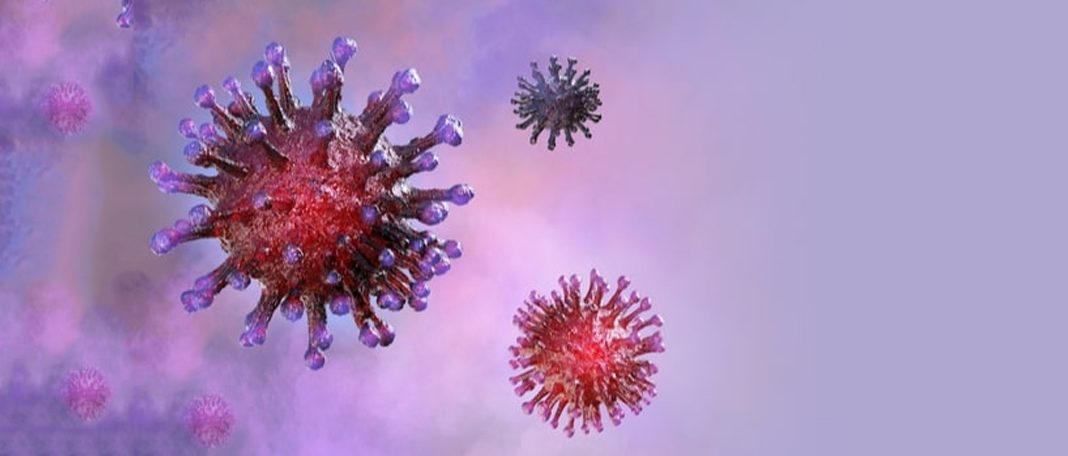Covid-19 is highly transmissible from person to person. Based on a little information, experts claim COVID-19 is transferable from human to animal. Now it is believed that it can also spread from animals to humans. Based on the available data, the risk of animals transmitting Coronavirus to humans is considered to be low. Currently, there is no evidence to prove that animals play an important role in spreading SARS-CoV-2. More studies are required to understand how some animals could be affected by COVID-19. Some COVID-19 viruses that infect animals can also infect humans. But it rarely happens. Experts are still learning about the SARS-CoV-2 so that they can avoid transmission from people to animals in some circumstances, particularly when humans and animals are in close contact. People who tested positive should avoid touching or have close contact animals that include pets, livestock, and wild animals.
Risk of Animals Spreading Sars-Cov-2 to Human
British ministers may consider vaccinating or culling animals to protect people from the deadly virus. It is because they want to avoid another dangerous mutation that can harm humans. It is just a part of their conversations among scientists. Evidence shows that cats could be infected with Coronavirus, which spread at the beginning of April 2020 in Wuhan, China. It is also possible that they could spread COVID-19 to other cats under specific conditions that appeared in the same month. Since then, COVID-19 infections have been detected in mink in the Netherlands and Denmark in big cats in zoos and also in ferrets, dogs, and other species. It is important to recall that the source of SARS-CoV-2 was probably from bats. Hence, other species of wild animals may be infectable.
Some of these species which were infected with SARS-CoV-2 may cause disease, health, or conservation, creating veterinary problems. It may be transmissible from animals or companions if they spend a lot of time in close contact with people. If transmission between cats and humans can happen easily, people require safety measures to prevent it. This includes vaccinating and isolating cats. There is available evidence for transmission from people to cats, but very little evidence exists for transmission from cats to people. Hence, there is no real reason to be worried about infections in cats as a major problem. There is no evidence about the risk from our cats and dogs.
Scientists are still studying the virus that causes Coronavirus. But we do know that the virus can spread from humans to animals in some circumstances. A small number of animals from the world, including dogs and cats have been reported to be infected with SARS-CoV-2. It happened because pets were in close contact with humans who have been infected with the Coronavirus.
Precautions
- Pet owners and other family members must receive the vaccination.
- People who were affected with COVID-19 should not touch or have close contact with pets.
- Pet owners also shouldn’t permit pets to have contact with other people who were not vaccinated.
The risk of animals transmitting the virus to people is low. Do not put masks on your pets that hurt them. There is no evidence that the virus could be transmitted from the fur, skin, or hair of pets. In order to protect yourself, follow all the important safety precautions and stay home.

















